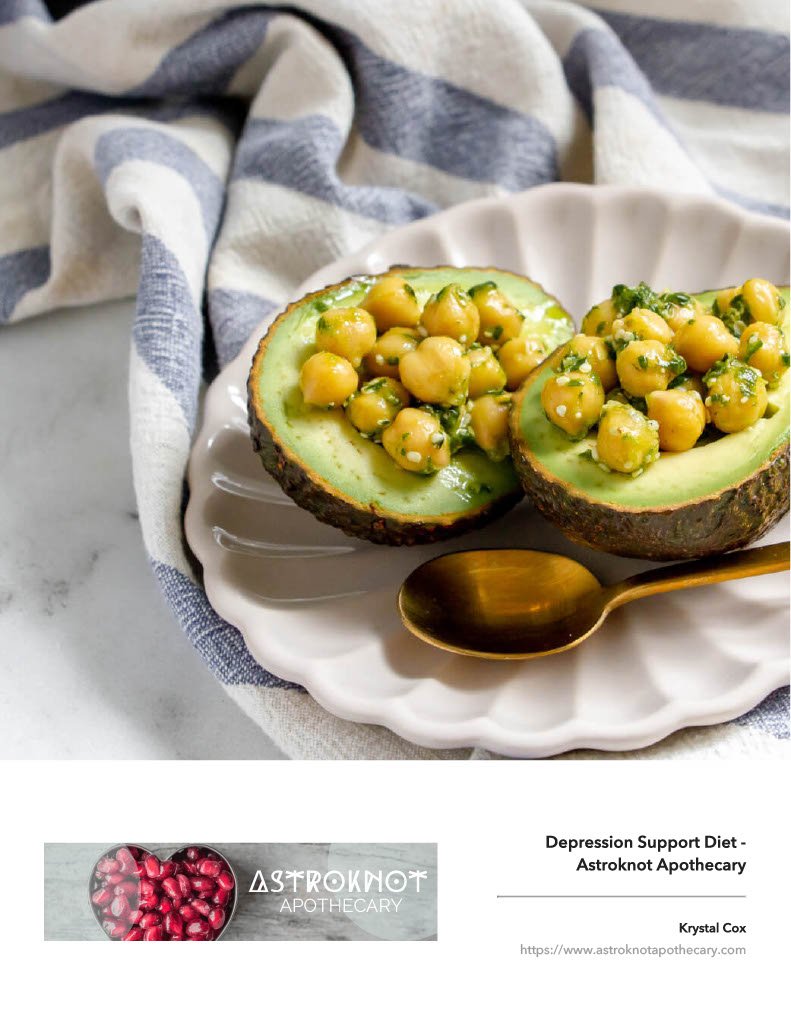This program was created with the following key considerations in mind:
Protein
Our bodies use an amino acid called tryptophan to produce serotonin, an important brain chemical often called the “feel-good” hormone. Serotonin is heavily involved in mood regulation and sleep, and there’s some evidence that it plays a role in depression as well. Tryptophan can be found in this plan from turkey, chicken, salmon, pumpkin seeds, and eggs.
Zinc & Selenium
Some studies have suggested that zinc levels may be lower among people with depression. Getting more zinc may also help antidepressants work more effectively. Selenium is a mineral that might help improve mood and reduce feelings of anxiousness. These minerals are added to your plan from foods like poultry, garlic, onions, spinach, and dairy products.
B Vitamins
Vitamin B12 and B9 (folate) are helpful for your mental health by protecting and maintaining the health of your nervous system. Some evidence suggests that having enough B12 and B9 available may help improve symptoms of mood disorders like depression. B vitamins are incorporated through salmon, dairy products, dark leafy greens, Brussels sprouts, and oranges.
Omega-3 Fats
Omega-3 fatty acids play an essential role in brain health and function, including neurotransmitter regulation and managing inflammation, which are linked to depression. This plan adds omega-3s from fatty fish, eggs, and flax seeds.
Probiotics
A healthy gut microbiome may help reduce the symptoms and risk of depression. Fermented foods are natural sources of probiotics, which can help promote a healthy balance of gut bacteria in your microbiome. These are included in your meal plan with fermented dairy like kefir.
